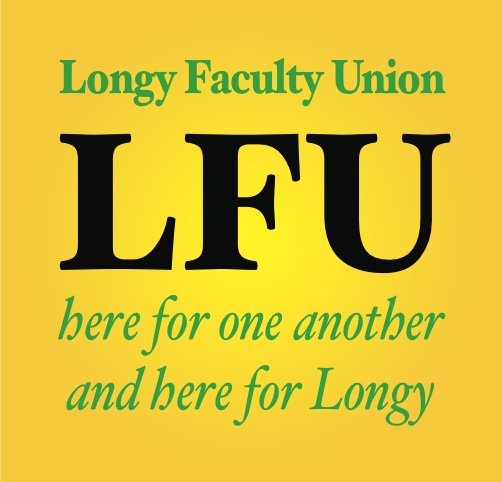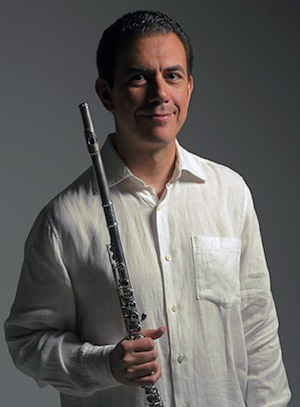|
The Longy Faculty Union Newsletter looks even better in your browser. |
Share this issue
|
|||||||
|
||||||||
In this issue
SubscriptionMaster IndexLFU GlossaryRead past issues
Contact Us
Longy Job Postings
News items
Stay tuned!
|
How the CBA protects Longy faculty
Three critical and new protections for faculty members are included in our Collective Bargaining Agreement (CBA): (1) Article 4. Just Cause, (2) the “no anonymously authored documents” clause in Article 13. Personnel File, and (3) the sentence stating that “Student evaluations will be considered in the aggregate” in Article 14. Student Evaluations.
Just CauseOne of the most important protections included in our CBA is also one of the simplest and shortest articles in the entire contract: Article 4. Just Cause It seems simple enough, and an obvious statement of fairness and decency, but in the past, faculty were not contractually protected by this safeguard. In practice, as defined by well-established guidelines of the American Arbitration Association, in order to establish “just cause” in the implementation of employee discipline, an employer must be able to prove that the answer to all of the following seven questions is ‘yes’:
Furthermore, the burden of proof lies with the employer. In other words, the employer must present sufficient credible evidence to prove that all of the seven tests above are met. When an administrator investigates an employee’s alleged infraction, they are allowed to act as “prosecutor” and “judge” at the same time, but they may not also act as a “witness” against the employee. An employee’s past record may not be used as evidence in proving the offense in question, although it may be used in determining the severity of discipline imposed if the employee is found guilty of the offense.
No anonymously authored documentsArticle 13. Personnel File first sentence reads, “Personnel files shall contain information relevant to each employee’s work at Longy including factual information such as salary history, performance evaluations and benefit coverage, but excluding any anonymously authored documents.” (emphasis added) This means, for example, that anonymously authored complaints from students, other faculty, or administrators alike may not be part of one’s official personnel record. In the past, this was not the case.
More and more these days, however, companies, schools, state governments and even some countries are putting this type of requirement in place. This protects faculty against the deleterious effects that unsupported and unsubstantiated claims can have on their careers and reputations.
Student evaluations ‘in the aggregate’In the past, several faculty members suffered negative consequences imposed by the administration based on ad hoc consideration of sometimes even a single anonymous report from a student. Now the CBA requires in Article 14. Student Evaluations that, “Student evaluations will be considered in the aggregate,” assuring Collective Bargaining Unit (CBU) members that a small number of “outlier” negative evaluations cannot inordinately affect a faculty member’s evaluation.
What faculty can doIf any CBU member feels that the administration is acting or communicating towards her or him in an accusatory manner, unjustly accusing her or him of a policy violation, or that the administration is using anonymously authored documents or individual student evaluations in justifying a negative evaluation, CBU members can and should stand up for their rights under the CBA. We encourage CBU members to report any such infractions to the LFU Executive Board, and we will zealously work to help you preserve and assert your rights under the CBA. If necessary, and if the circumstances and evidence warrant it, the Union has the ability to file a grievance on your behalf and provide representation throughout the process. Back to top^Faculty Artist Recital: Marco Granados
Thursday, November 17, 2011 at 8:00 p.m. Copland Duo for Flute and Piano
The first half of his November 17 recital will feature music with North American roots: the Copland Duo for Flute and Piano, and the Martinu Sonata, which was composed on Cape Cod. The second half of the program will begin with Venezuelan composer Paul Desenne’s Variaciones Impossibles, a work that weaves Venezuelan rhythms into a set of five variations on the theme from Mission Impossible. Marco says, "In my own exploration of Latin American music, some of which is extremely difficult for the flute, I learned some new techniques particularly related to relaxation and flow of the air in the high register that I am applying to the famous classical pieces on the program. As a teacher at Longy, my hope is to contextualize some of what I'm trying to get my students to do." Back to top^
New LFU News series to highlight
|



